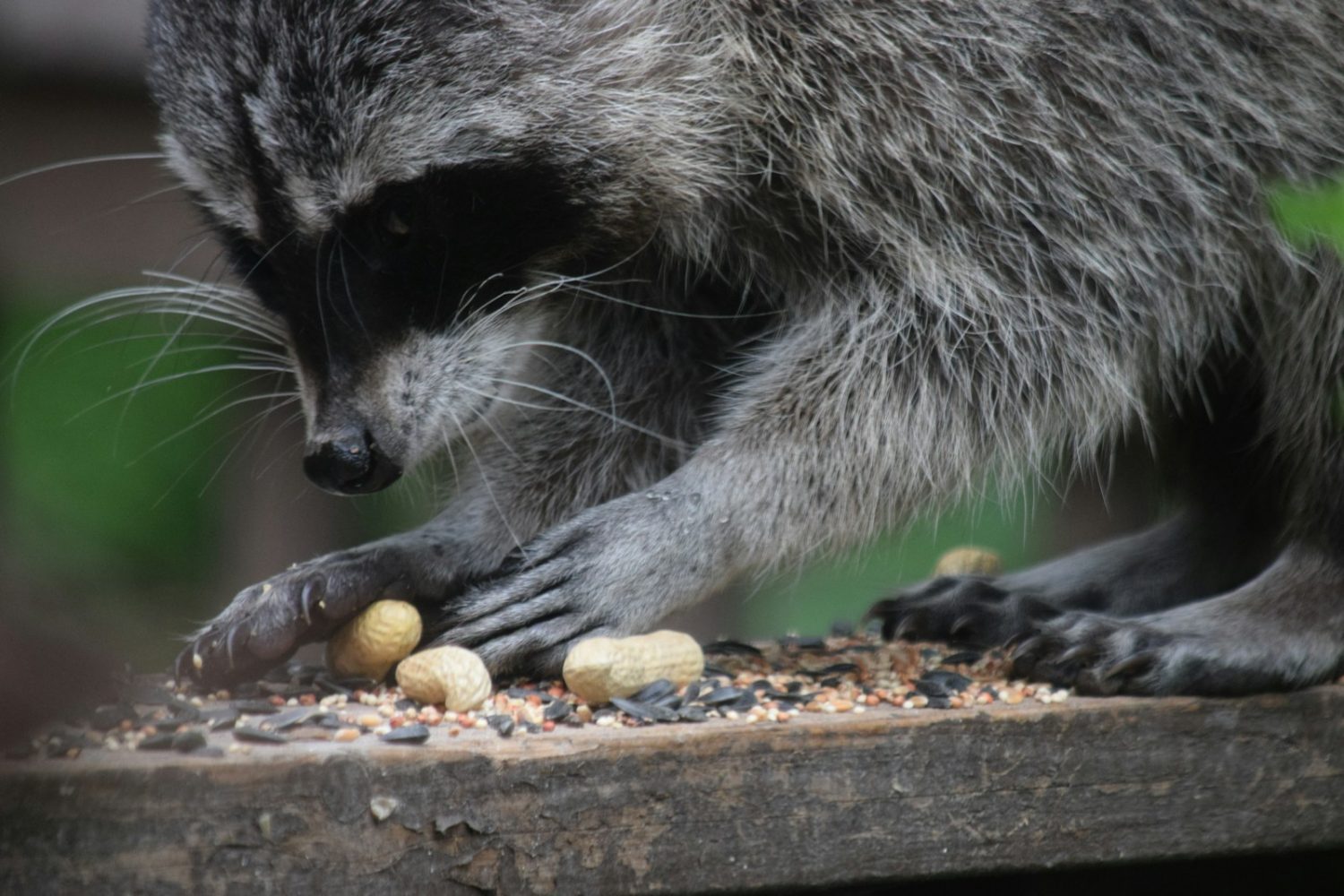Raccoons may look cute with their ringed tails and masked faces, but in the garden they are anything but friendly. They dig up beds, steal ripe produce, knock over containers, and leave behind a mess that no gardener enjoys. If you’ve ever found half-eaten tomatoes or corn stalks pulled apart overnight, chances are a raccoon paid you a visit.
The challenge is that raccoons are clever. They climb, dig, and figure out simple latches. But with the right mix of barriers, deterrents, and smart garden habits, we can outsmart them. Let’s walk through the best ways to keep raccoons out of your garden so you can protect both your harvest and your peace of mind.
Build Barriers That Work
The most reliable way to stop raccoons is to keep them from getting in at all. That means building barriers that match their skills.
Fencing is the first line of defense. Raccoons can climb, so an ordinary garden fence often isn’t enough. To make it effective, go for a wire mesh fence that’s at least 4 feet tall. Angle the top outward or add an electrified strand a few inches above the fence. This discourages climbing.
The bottom matters just as much. Raccoons dig, so bury the mesh at least 6 inches into the ground. For extra protection, bend the buried part outward like an “L” so they can’t tunnel under.
If you grow corn, melons, or other sweet crops, a portable electric fence is a strong option. A low-voltage setup around the bed teaches raccoons to stay away after a single shock. It’s not harmful, but it sends a clear message.
Raised beds with covers also help. Wire cages or hoop tunnels made with hardware cloth can protect individual crops. These are especially handy during peak harvest weeks when raccoon pressure is highest.
Use Deterrents to Shift Their Behavior
Barriers are strong, but adding deterrents makes your garden even less attractive. Raccoons are cautious by nature, so strange smells, sounds, and lights can unsettle them.
Motion-activated sprinklers are a favorite tool. When a raccoon steps into range, it gets a sudden spray of water. The surprise usually sends it running.
Lights and sound devices work in a similar way. Solar-powered lights that flash at night or radios set on a timer can create an environment raccoons find uncomfortable. Just remember to change the setup often, since raccoons learn quickly and may get used to the same routine.
Smell is another tool. Many repellents use predator urine (like coyote or fox) to trick raccoons into thinking danger is nearby. Homemade solutions like garlic, hot pepper spray, or vinegar can also discourage them. Reapply after rain for the best effect.
Some gardeners also swear by scattering used coffee grounds, strong soap shavings, or even spreading human hair around the beds. While results vary, these tricks can add another layer of confusion for visiting raccoons.
Practice Smart Garden Habits
Raccoons are drawn to food and shelter. By changing a few habits, you make your garden less tempting.
- Harvest often. Ripe fruits and vegetables are a magnet for raccoons. Pick them as soon as they’re ready.
- Remove fallen produce. Dropped tomatoes, apples, or melons send a strong signal that food is easy to grab. Clean them up daily.
- Secure compost and trash. Raccoons love leftovers. Use tight-fitting lids and avoid leaving scraps where they can dig in.
- Eliminate hiding spots. Tall grass, wood piles, and brush near the garden give raccoons cover. Keeping the area tidy makes them feel exposed and less likely to linger.
- Lock up chicken coops or pet food. These are extra food sources that encourage raccoons to hang around. Keeping them sealed keeps the pressure off your crops.
In other words, if you remove the easy meals and the safe hiding spots, raccoons will likely look elsewhere.
A Garden Free of Midnight Bandits
Raccoons may be clever, but with a thoughtful plan, you can keep them out of your garden. Strong fences stop their climbing and digging. Deterrents confuse and scare them away. Smart habits reduce the temptations that lure them in.
When you put these steps together, your garden becomes less of a target and more of a fortress. You’ll rest easier knowing your tomatoes, corn, and melons will be there waiting for you in the morning.
A raccoon-free garden means more harvest, less stress, and nights of peaceful sleep without wondering what’s rummaging outside. That’s the reward of being prepared—a thriving garden, safe from masked intruders.

